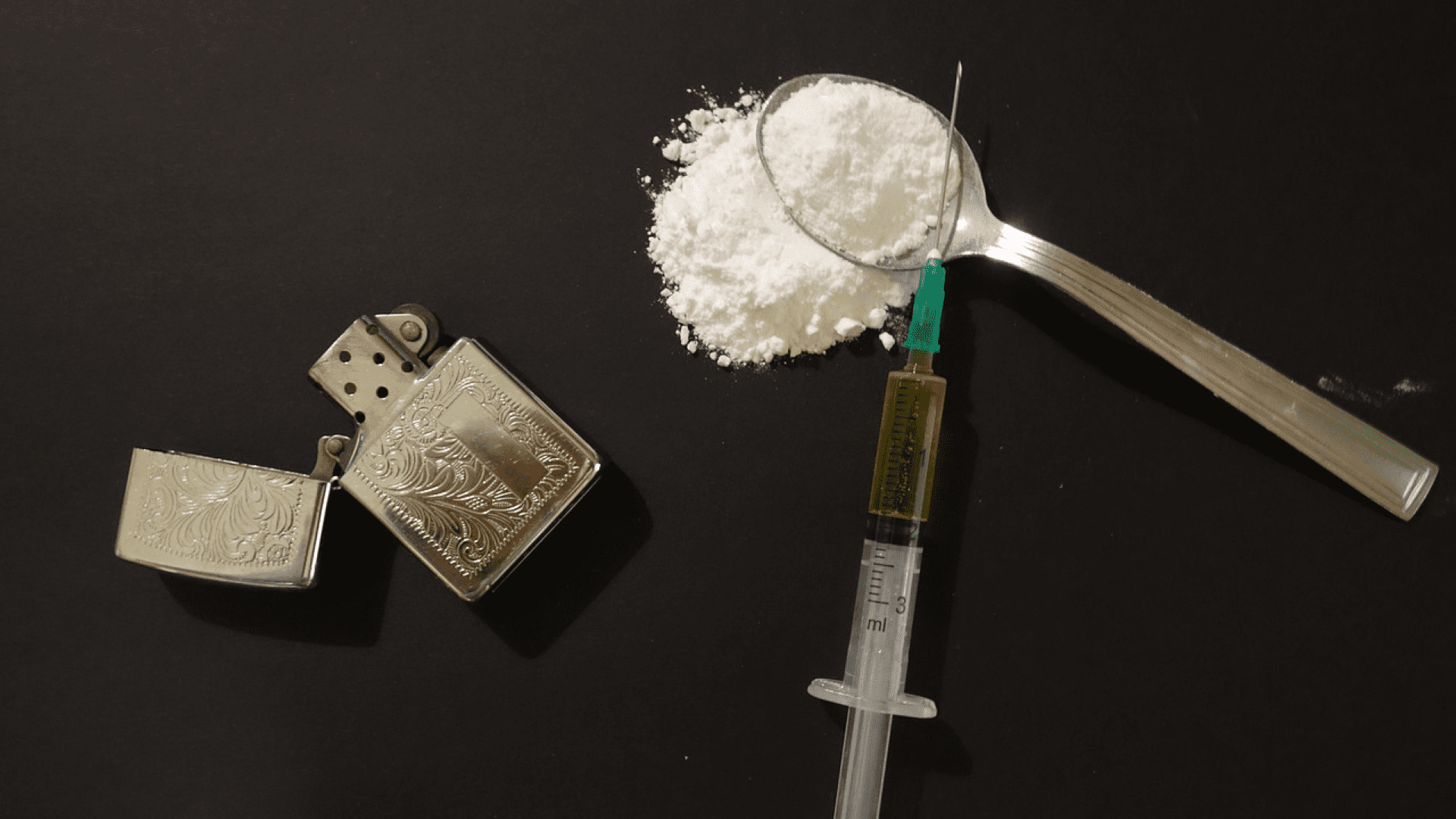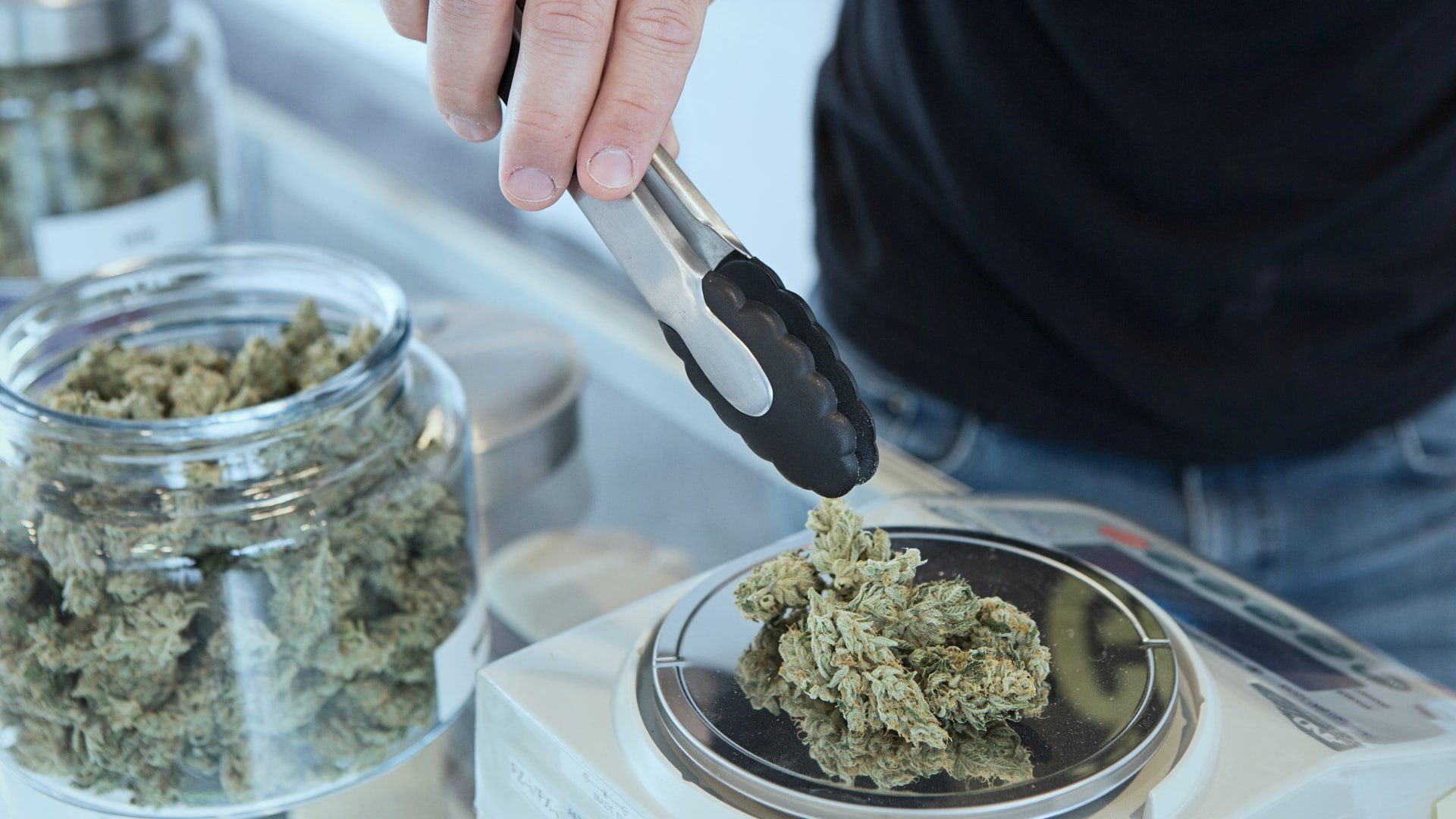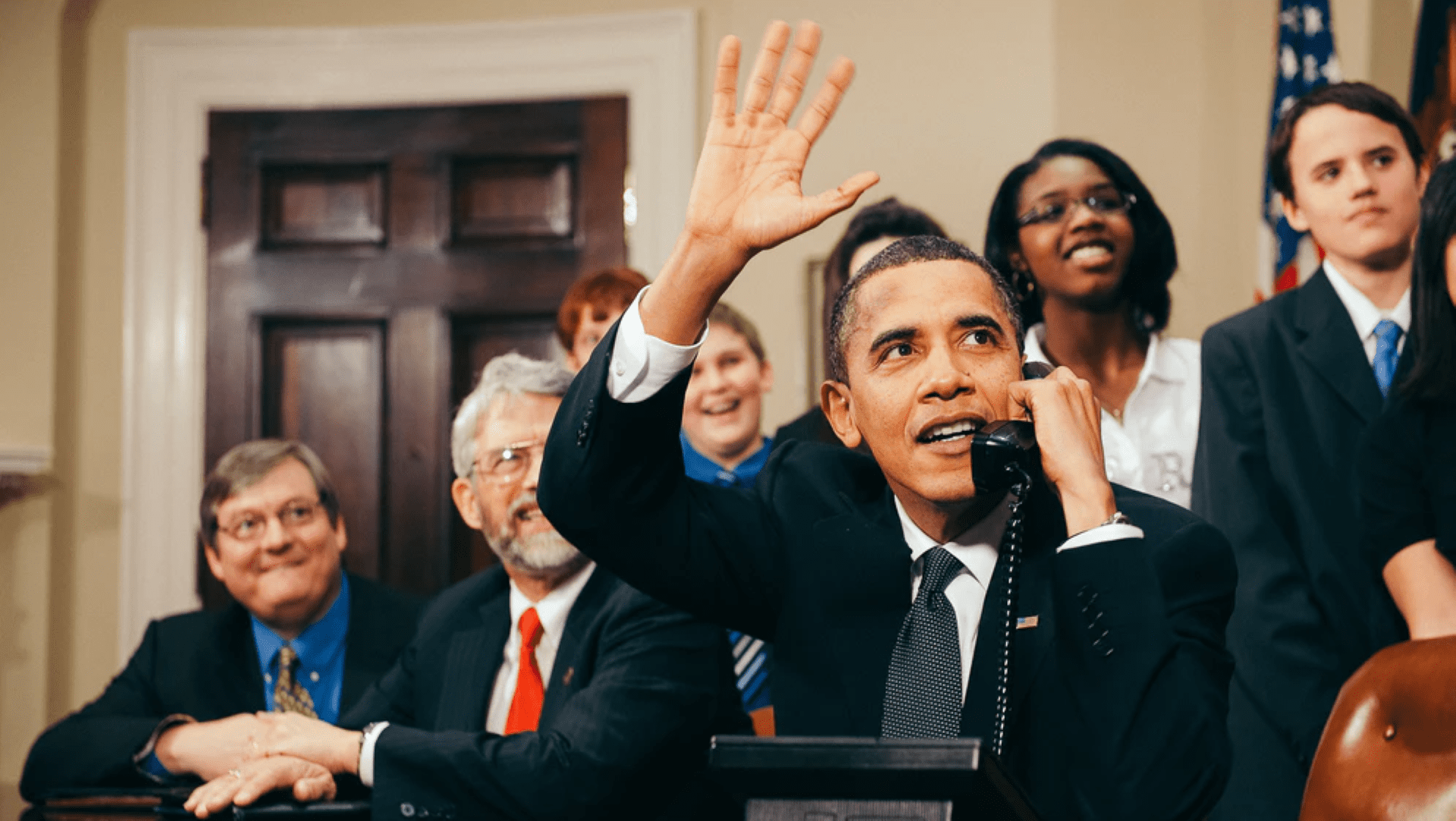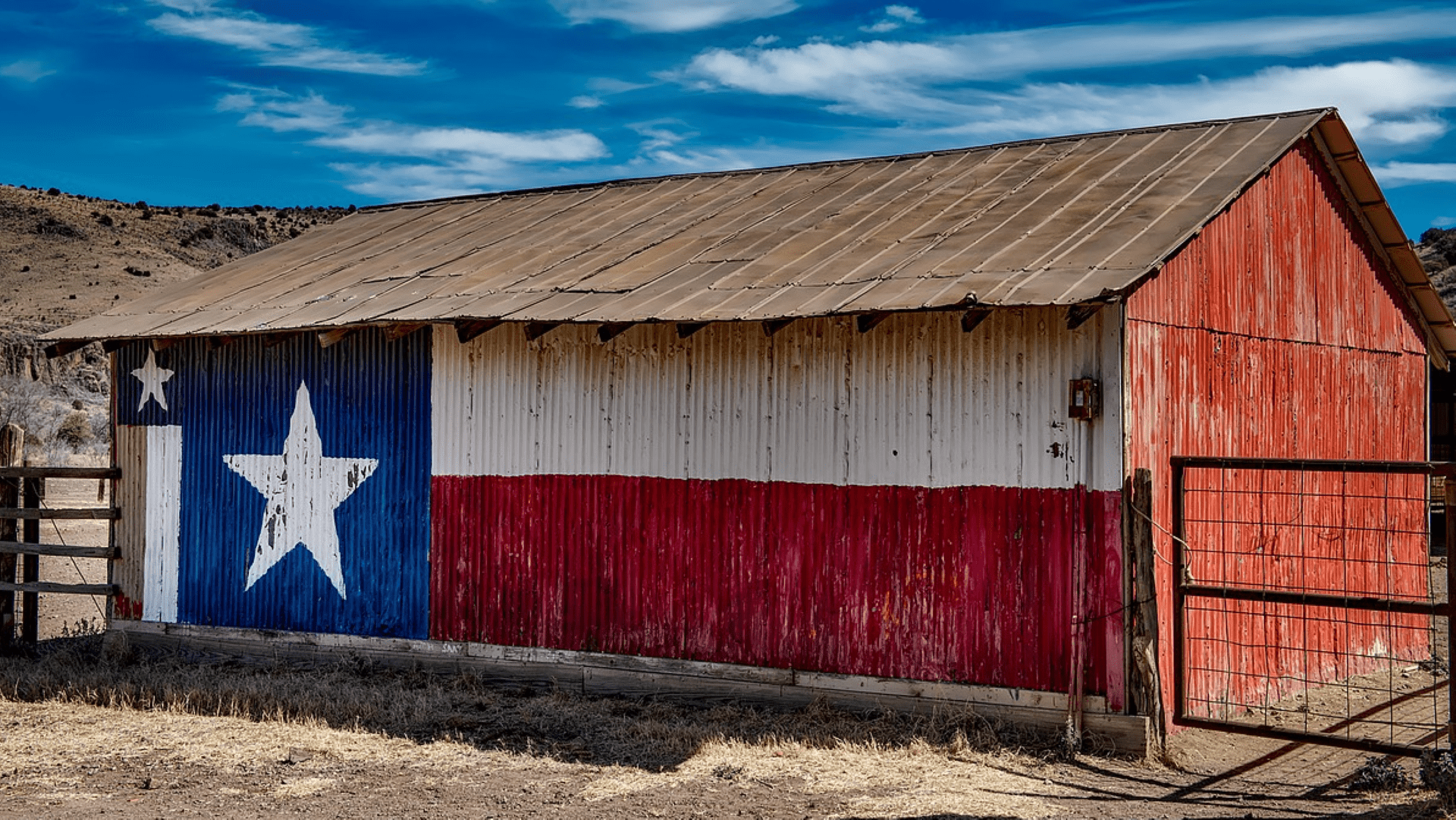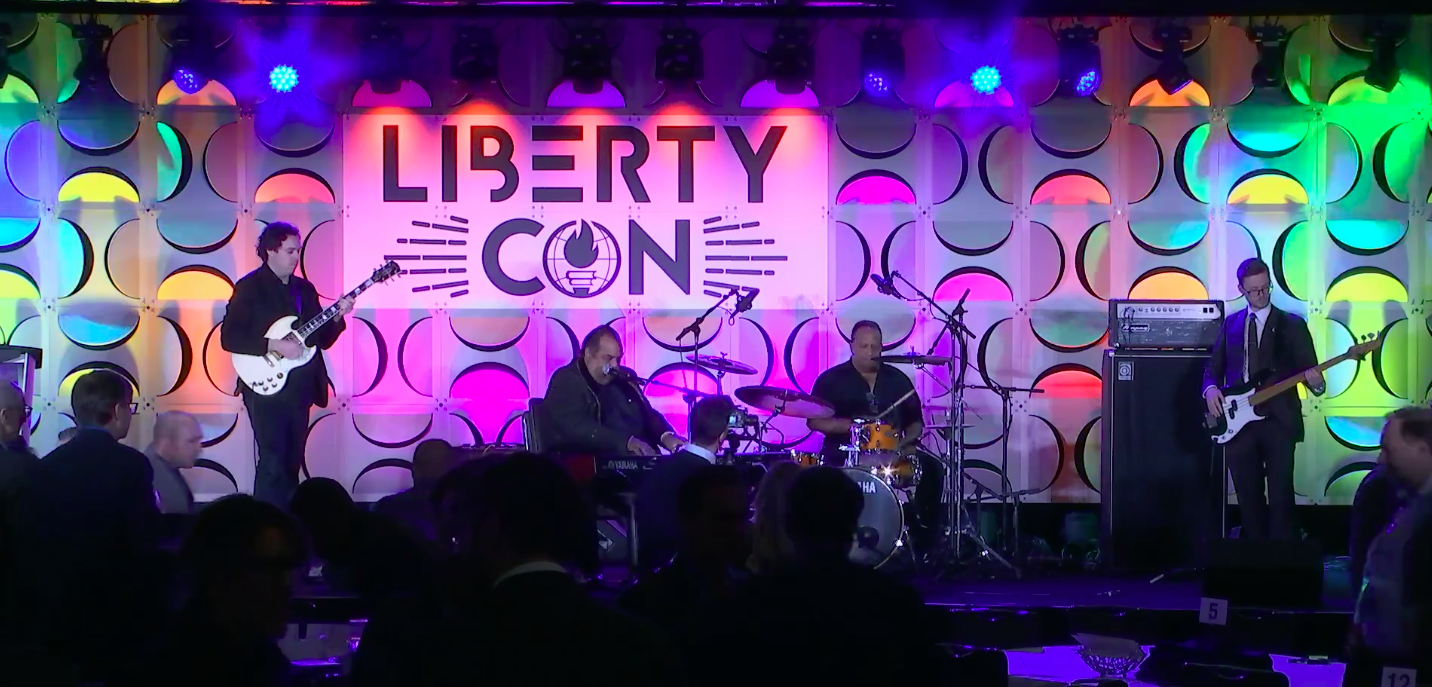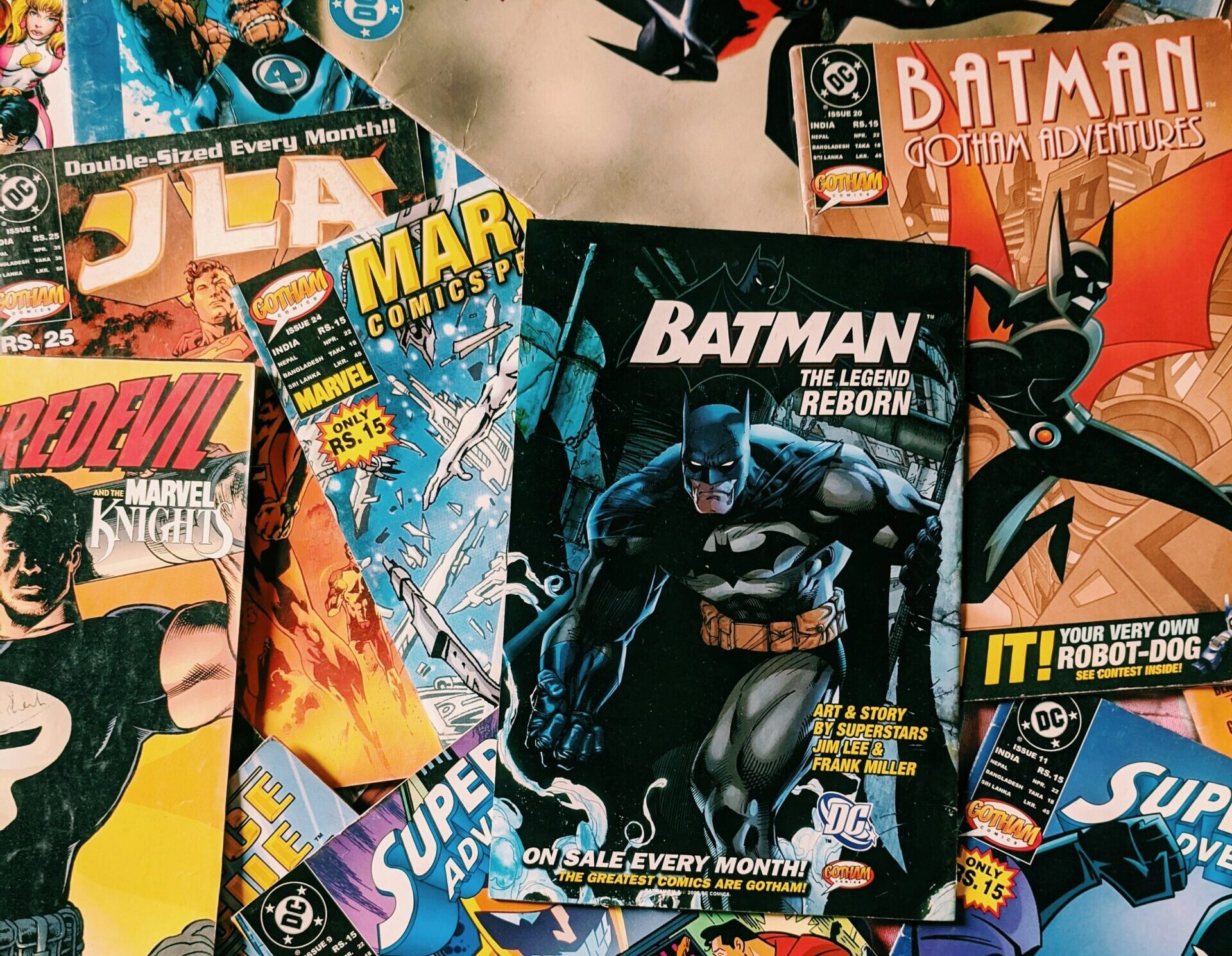In 2016, photos of two heroin users, passed out in a car with their child in the backseat, did the rounds on social media to predictable moral outrage. Posted on the City of East Liverpool’s Facebook page, moderators of the page captioned the photo ”we feel it necessary to show the other side of this horrible drug.”
Of course, this sort of parenting is awful, and amounts to borderline criminal negligence. Drug abuse to this point is rightly condemned, even by the most ardent legalization advocates.
But this sort of hysteria-oriented journalism does drug reform advocacy efforts a horrible disservice, and keeps our society rooted in a mindset of needless aversion to an alternative handling of the drug problem.
Overcriminalization has not only become our policy norm, but has also blurred the line between drug use and drug abuse. Reporting that plays on sensationalism around exceptional cases of abuse and neglect hurts the perception of drug users.
It places an image of cruel, neglectful parents next to the concept of drug use, and creates a false equivalence. The truth of the matter is there are countless examples of drug use that do not remotely resemble this picture.
I would even go so far as to say that drug use can be outright positive in some cases.
Not all drugs are equal
Research on MDMA and psilocybin has conclusively shown there are potential therapeutic uses for certain psychoactive substances, especially for treatment of depression and PTSD. These highly stigmatized drugs have the potential to positively impact millions of people who chronically suffer, who may well be resistant to traditional pharmaceuticals.
MDMA can be used to reinvigorate relationships, stimulate healthy communication, and bring a greater sense of positivity to the user. Drugs such as LSD and psilocybin can enhance creativity, connection, and a sense of gratitude and perspective. Other drugs, like marijuana, hardly need to be talked about in a positive light, since everyone from Seth Rogen to Snoop Dogg and my mom attests to their harmlessness and value.
Yes, it is true that heroin is cut from a slightly different cloth. According to DanceSafe’s drug facts, heroin users report feelings of euphoria, contentedness, and pain relief; this is why elements of the drug are used in the medical industry. But this is indeed overshadowed by the less savory elements discussed in our popular discourse, such as reliance, overdoses, the horrors of injection delivery, and shared needles.
Anyone who’s seen Trainspotting is scared silly of this drug, and it’s fair to not give it the same PR campaign that we’re giving psilocybin and MDMA.
Sensationalism and hysteria prevent effective drug policy
However, different drugs are perceived collectively under the universal umbrella of narcotics. The danger in photos such as these is it feeds into the narrative that all drugs are the same and are inherently bad.
Those who circulate this photo might be inclined to thoughtlessly castigate drug users via social media sensationalism, believing these negligent parents are representative of all consumers of drugs. Little progress is made through a mob mentality, and most news outlets that ran this story did so irresponsibly.
Instead of succumbing to sensationalism, those shocked and alarmed by this story should turn their attention to the justice system and any potential criminal behavior inflicted on the child.
This is not a justification for further anti-drug policy, which already takes up far too many resources for its efficacy. The consequences of conflating drug abusers with drug users is prison overcrowding, joblessness, lack of rehabilitation, and waste of police time.
The only way to effectively heal drug abusers and reduce harm in society is to make it easier for drug abusers to seek help without being locked up in government cages.
To read more about the Drug War, be sure to check out our cluster page by clicking on the button below.
This piece solely expresses the opinion of the author and not necessarily the organization as a whole. Students For Liberty is committed to facilitating a broad dialogue for liberty, representing a variety of opinions.
